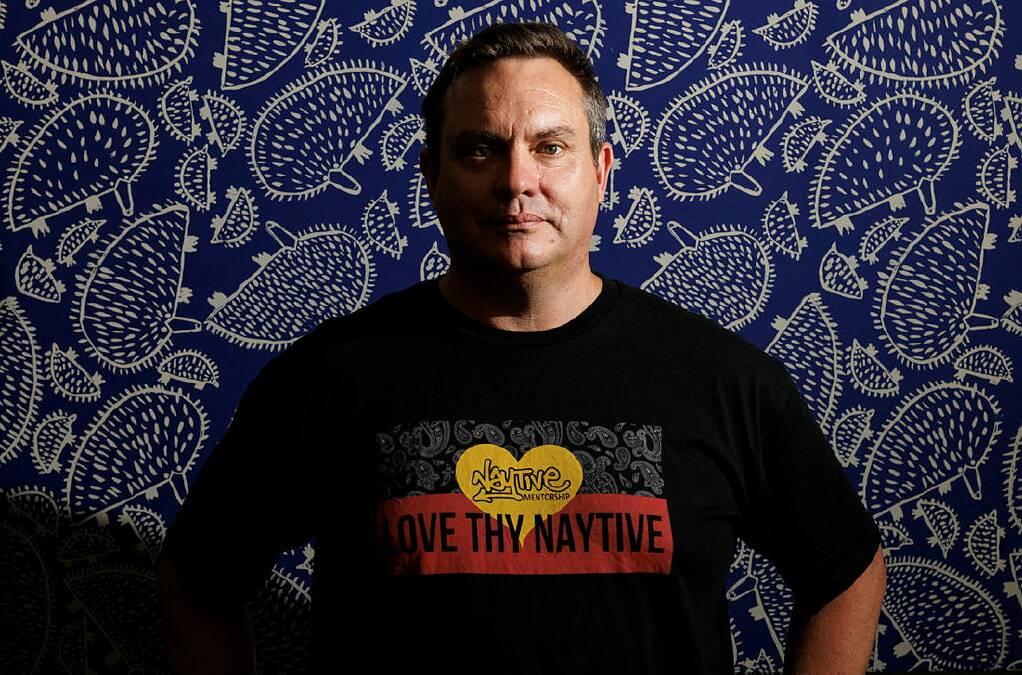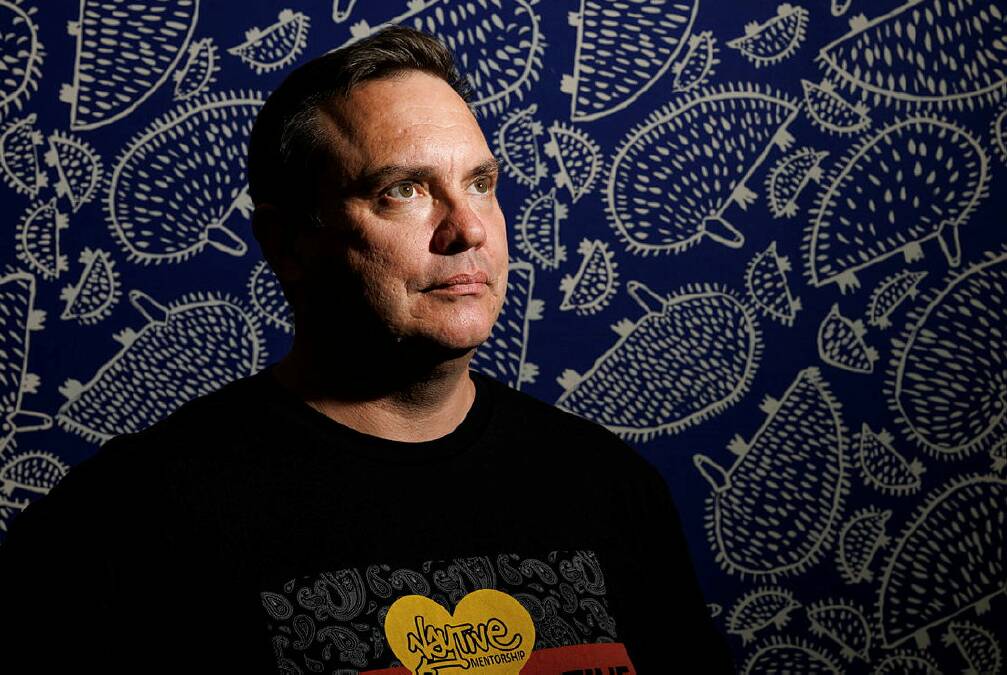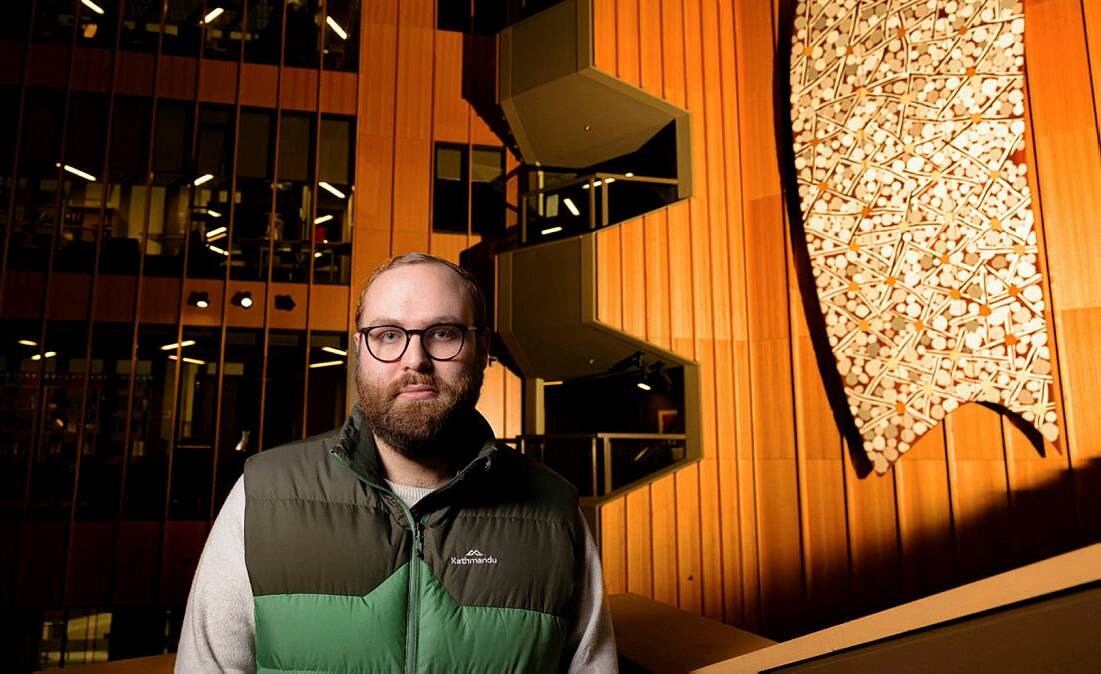
The Voice to Parliament debate is likely to increase psychological distress among Aboriginal and Torres Strait Islands people, worsening their mental health and increasing demand for support services, experts have warned.
Australians will vote in a referendum this year on changing the constitution to create a permanent Parliamentary Indigenous advisory body, known as the Voice, but people in the Indigenous community are concerned about the impact of the debate on mental health.
Study director of Mayi Kuwayu, the National Centre for Aboriginal and Torres Strait Islander Wellbeing, Professor Raymond Lovett said it is "a given" that there will be an increase in psychological distress to Indigenous people from the Voice to Parliament debate.
He said that a study he helped conduct, similar to studies of the psychological distress in LGBTQI+ people during the same-sex marriage plebiscite, showed racism caused half of Indigenous mental health issues.
"They did this similar sort of study around the postal survey, processing campaign, measuring psychological distress, and found that the debate that occurred independently increased higher levels of psychological distress. So I'd anticipate the same thing occurring here."

Professor Lovett said there needs to be additional support services put in place to deal with the increased psychological distress amid an already "acute shortage of mental health services".
"We know the burden. If we take the example of poor psychological distress, it's already three times higher in the Aboriginal and Torres Strait Islander population than the non-Indigenous population already.
"So the potential for the debate to cause further psychological distress will just amplify that even more," he said.
He added that politicians have a "very large role to play in how the debate is shaped" and the "defensiveness that often gets talked about in that one group in society is advocating for something that other people believe they don't have access to".
"People need to be responsible and accountable for how they're talking about this," Professor Lovett said.
He suggested it was incumbent the government monitor the debate and "look at how much this sort of debate over the period increases the need for services".
"So what access is occurring and where and also looking at what particular points of the campaign are causing higher levels of distress."

Wiradyuri man and Research Fellow in Indigenous Diplomacy at the ANU, James Blackwell said there will always be concerns about the mental health of communities involved in political change and the conduct of the opposing side.
"I hope that we won't see the kind of divisiveness and racism that you otherwise might expect. But again we don't know how it's gonna play out once the referendum date is actually called and the campaign fully kicks underway."
Mr Blackwell said polling suggests a majority of Australians support a Voice to Parliament and he is confident the referendum will successfully deliver a yes vote, but said the debate still needs to be cordial.
"I think we need to be respectful of the fact that this is a debate around constitutional reform and our communities getting more self-determination and a fair go, not around the inherent worth of First Nations peoples in our political system and society," he said.
"It's a vision of a better Australia. That's what the debate should be about, this vision for a renewed healthier country that has a better relationship with First Nations peoples, not the sort of very low brow political point scoring that otherwise might occur."
We've made it a whole lot easier for you to have your say. Our new comment platform requires only one log-in to access articles and to join the discussion on The Canberra Times website. Find out how to register so you can enjoy civil, friendly and engaging discussions. See our moderation policy here.







